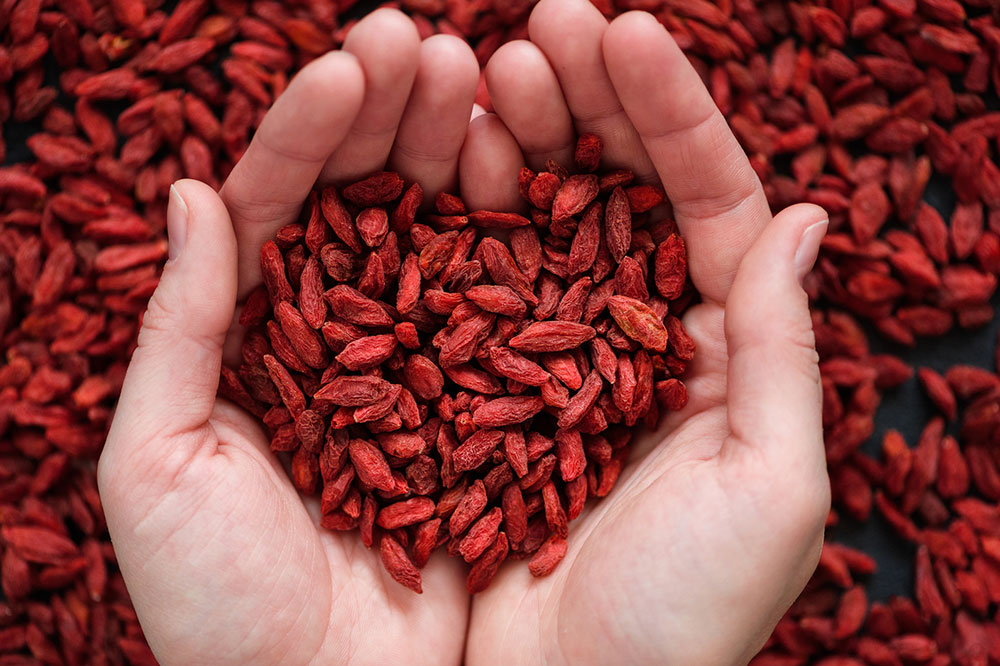
4 Superfoods That Help Soothe Depression
While an exact relationship between food and depression has not been established, studies have proved that there is a strong link between them. Several foods have the capability of triggering the symptoms of this mental condition and even worsen the condition, while several others have the power to uplift mood and keep the symptoms at bay. As much as it may seem like ice creams and chocolate are the ones responsible for mood-lifting, it is the exact opposite. Here are some healthy foods that help soothe the symptoms of depression:
- Salmon: Salmon is among the foods that help soothe depression by providing a good amount of omega-3 fatty acids and vitamin D. Lower levels of vitamin D can be linked to a higher risk of depression, and a good percentage of the population is deficient in this vitamin. Also, omega-3 fatty acids are considered extremely important for mental health and should be included in the diet in adequate quantities. Consuming 4 to 6 ounces of salmon about 2 to 3 times a week can help obtain the required amount of vitamin D and omega-3 fatty acids.
- Walnuts: Walnuts promote heart health and are considered to be a rich source for antioxidants, vitamin E, and omega-3 fatty acids. Along with being a nutritional treasure trove, walnuts can reduce the risk of depression. A study conducted in over 26,000 adults in the country found that people who consumed walnuts every day faced a lower risk of being affected by depression. Besides, the depression score was found to be 26% less in people who consumed one ounce of walnuts every day as compared to people who did not regularly consume these nuts.
- Beans: While one of the pronounced benefits of a high-fiber diet is a healthy digestive tract and an efficient digestion process, the other would be making a person less prone to mental health issues like depression. Several studies point out that depression is the result of inflammation in the brain, which releases altered neurotransmitters that lead to impaired brain functioning. When food substances with soluble fiber are consumed, some strains of good bacteria can use them to produce short-chain fatty acids in the gut, which can have an anti-inflammatory effect. A wide variety of beans, from chickpeas to black beans, contain a good amount of soluble fibers and are foods that help soothe depression.
- Oysters: Oysters are known to be rich sources of zinc, which is known to play an important role in the proper functioning of the brain. It works toward attention, behavior, and mental clarity, and several studies have shown that low levels of zinc have been observed in people with depression. In addition to zinc, oysters and other shellfish provide a good amount of omega-3 fatty acids, vitamin B12, and selenium, all of which play significant roles in maintaining brain health.


